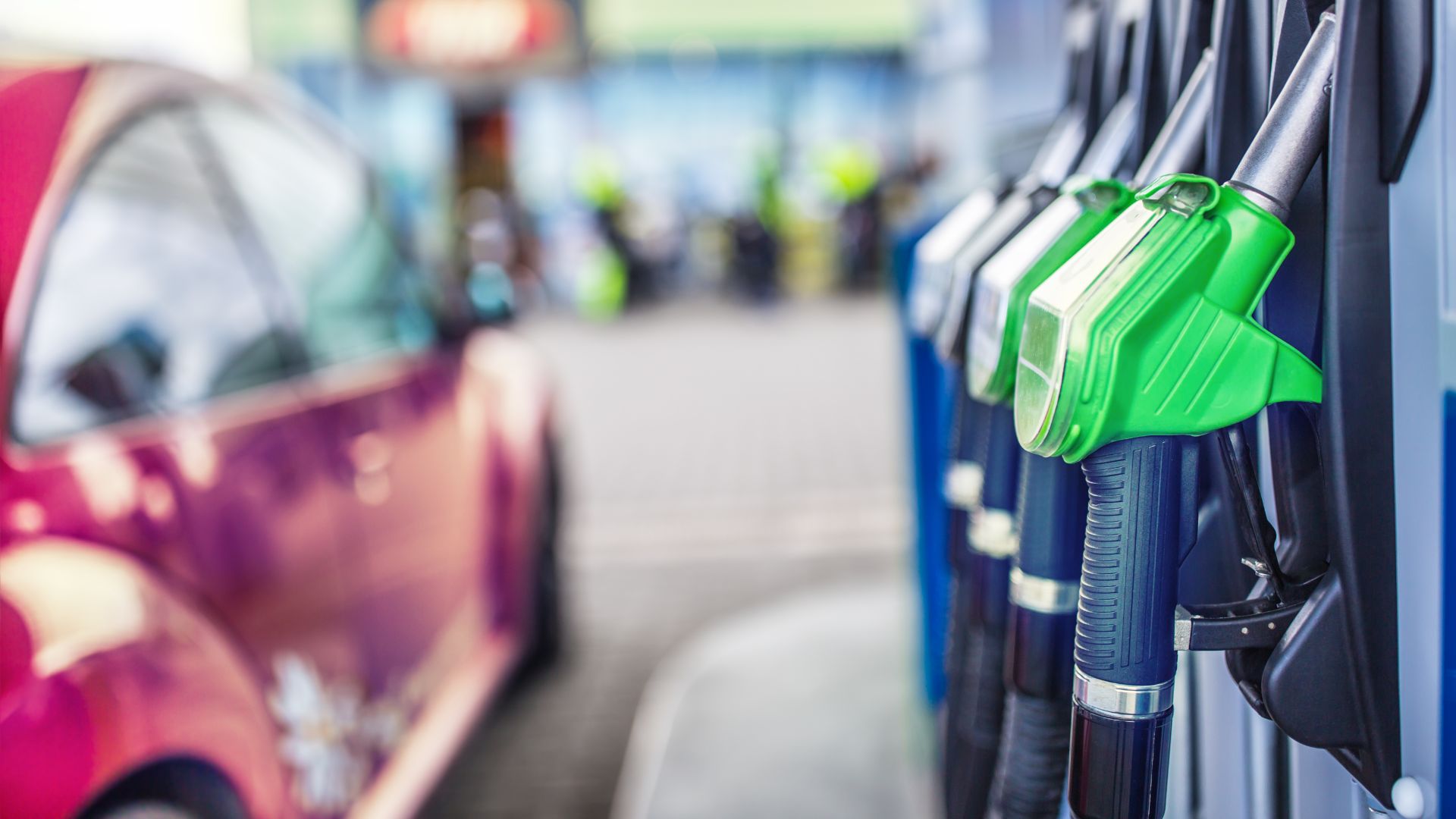
E10 petrol was introduced across the UK from September 2021. However, many drivers remain unaware of the change – and up to 600,000 cars on British roads aren’t compatible with it.
In this guide, we explain what E10 is – and examine its pros and cons.
The difference between the old E5 and current E10 grades of petrol is quite simple. The numbers refer to the percentage of bioethanol in the fuel. E5 has five percent and E10 contains 10 percent.
Petrol and diesel had already been renamed at the pumps before the switchover, to E5 and B7, to inform motorists of their biofuel content.
Why the switch to E10 petrol?
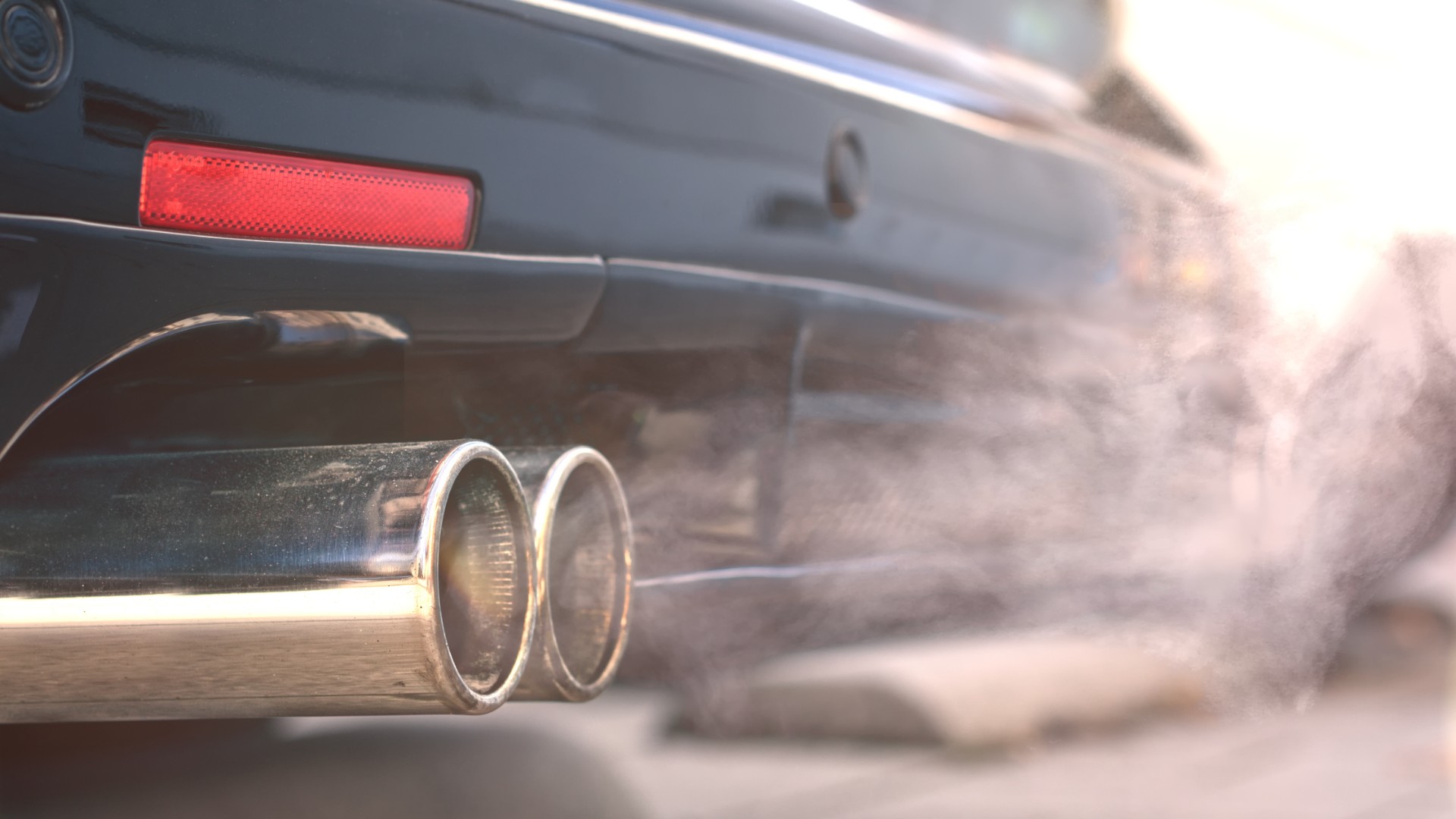
The main reason for bringing in E10 is to reduce carbon dioxide (CO2) emissions. The Department for Transport says CO2 output has been cut by around 750,000 tonnes a year.
This is around two percent less CO2 per car, or equivalent to taking 350,000 cars off UK roads.
In conjunction with the gradual switchover to electric cars, the move will help achieve Britain’s climate change targets, and meet the government’s Renewable Transport Fuel Obligation. The latter is designed to encourage the use of biofuels.
What are the problems with E10 fuel?
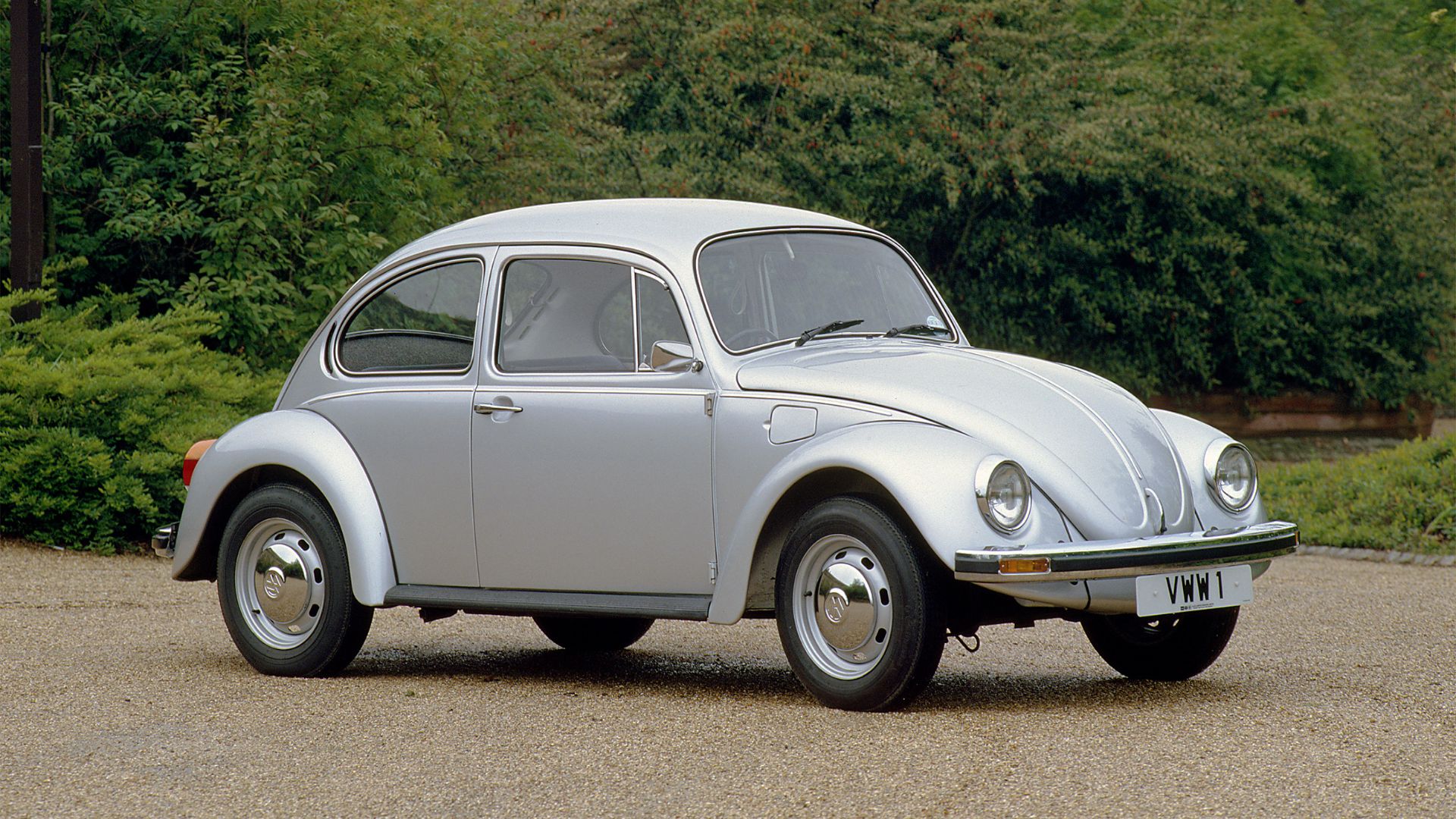
The worry is that some older cars can suffer when filled with E10 petrol. The bioethanol, which is created from fermented plants, can be corrosive to certain components. These include hoses, seals, plastics, gaskets and even certain metals in the fuel system.
The process can damage fuel pumps, injectors, pressure regulators, carburettors and fuel tanks. And it’s worth noting that ‘older’ doesn’t necessarily mean classic cars. Many more recent vehicles could sustain damage if filled with E10.
When asked in parliament what assessment she had made of the issues with E10 for older vehicles, Rachel Maclean, Parliamentary Under Secretary (DFT) said: “One of the main barriers to introducing E10 has been vehicle compatibility. Currently, around 95 percent of petrol cars used in the UK can use E10.”
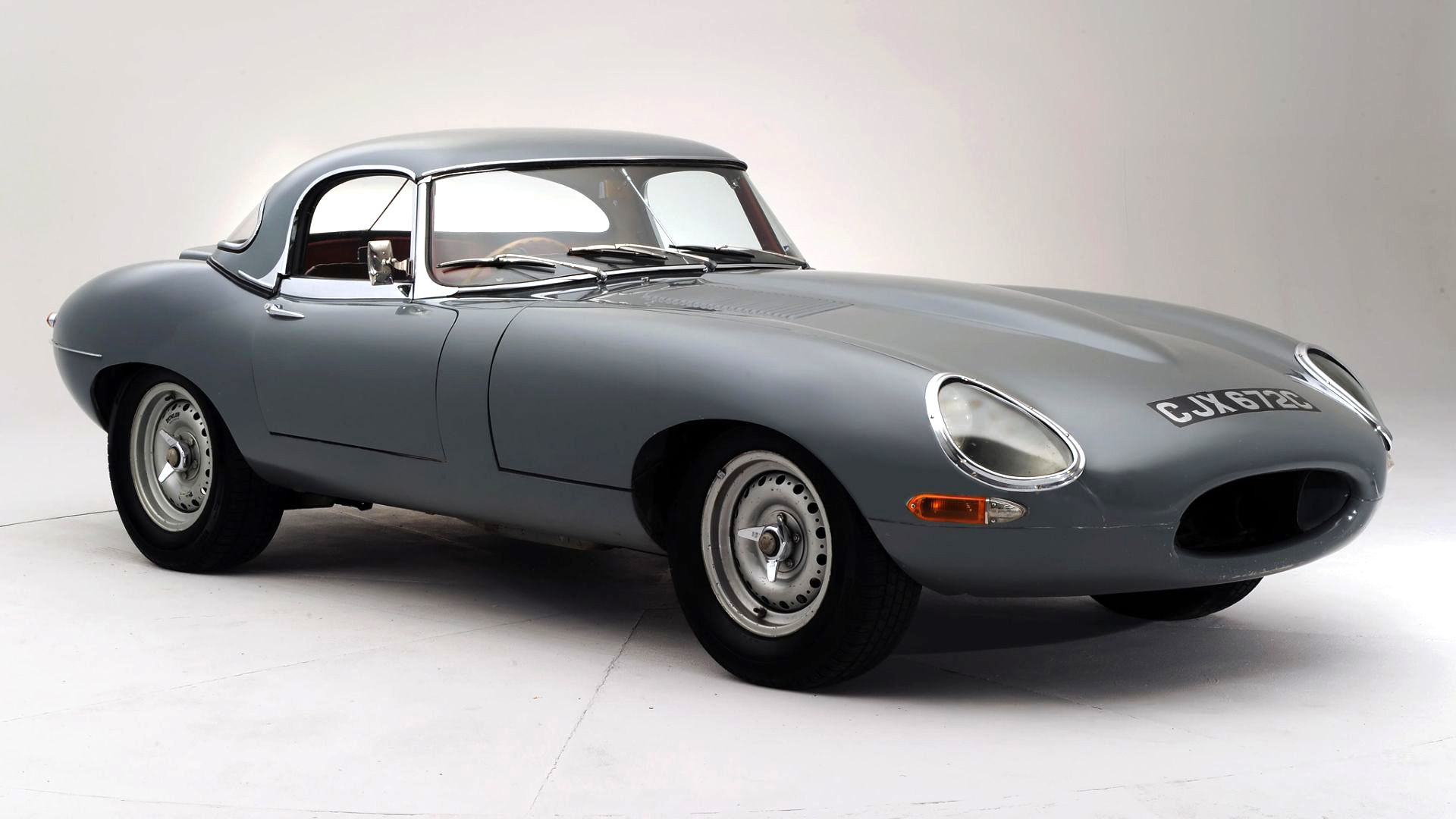
“This number is expected to decrease as vehicles come to the end of their life. However, some classic and cherished vehicles that are not advised to use E10 will remain in use. The prolonged use of E10 fuel in those older and classic vehicles not under manufacturer warranty can cause corrosion of some rubbers and alloys used in the engine and fuel systems. For those vehicles, the department remains committed to ensuring that E5 is retained as a protection grade.”
On the latter point, the official government statement says: ‘We’ll also require the higher-octane Super grade to remain E5 to provide protection for owners of older vehicles.’
So drivers still have the option of E5 fuel, albeit at a significantly higher cost (typically around 12p more per litre than standard unleaded).
Moving the CO2 around

The RAC has raised concerns about the retention of E5 as a ‘protection grade’ of petrol. While perhaps less of an issue for classic car owners, its higher cost could put a strain on low-income drivers.
Furthermore, fuel station forecourts may not have the capacity to incorporate both E5 and E10 grades. That could further affect motorists, particularly in rural areas.
A more general issue, highlighted by the Federation of British Historic Vehicle Clubs, is logistics. It was reported that the only UK refinery for the E10 fuel additive is no longer running. The environmental benefit of the E10 rollout could thus be negated by the emissions cost from shipping.
Getting the word out about E10
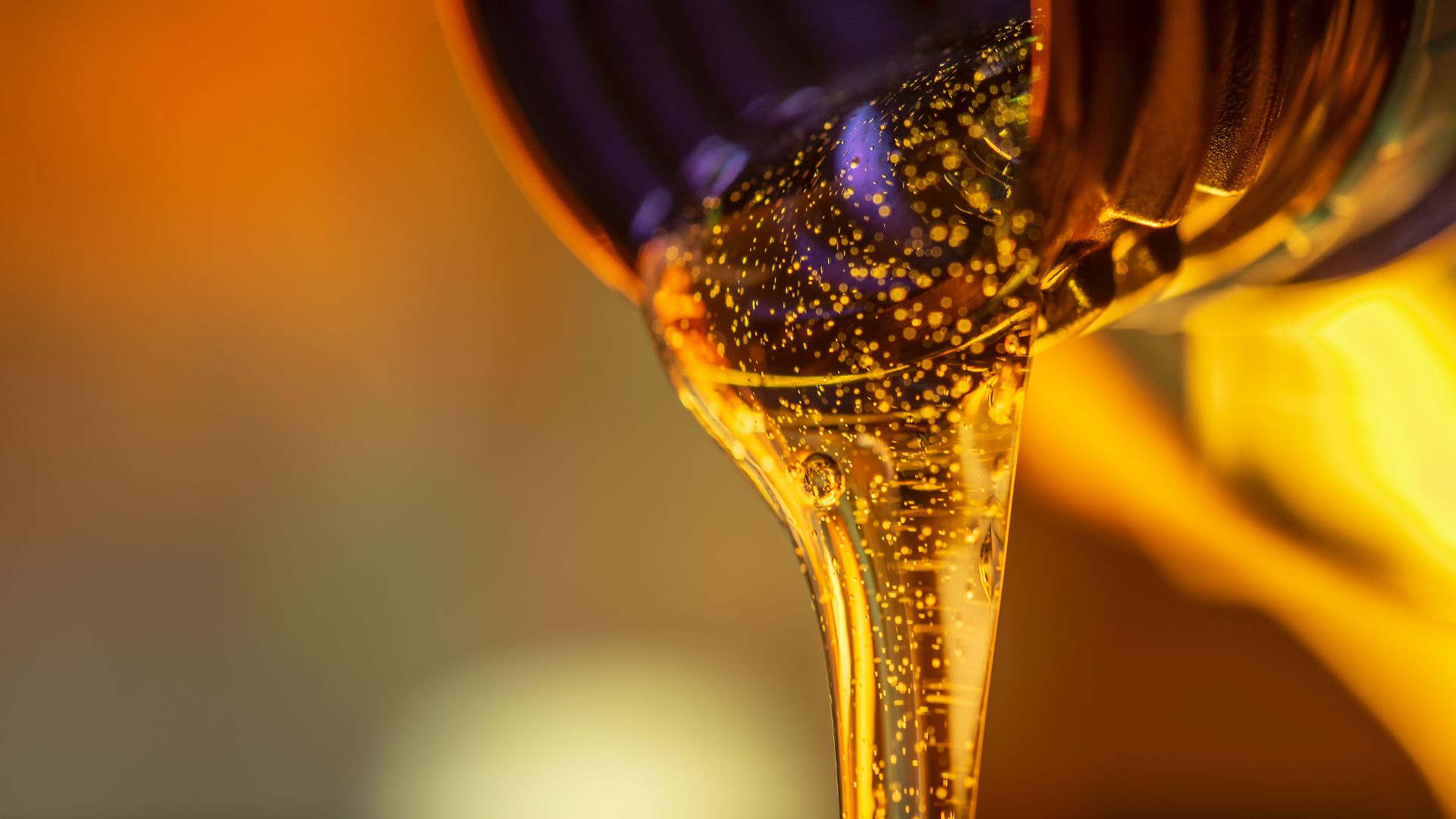
Drivers of older cars clearly need to be aware of the change to fuel grades. If you’re part of a classic car club, it’s an issue worth highlighting.
Helpfully, ou can check if your car is compatible with E10 fuel by using the tool on the official GOV.UK website.
Finally, some words of reassurance from RAC fuel spokesperson, Simon Williams: “For the overwhelming majority of drivers with compatible vehicles, the introduction of E10 petrol will make little difference, other than a possible slight reduction in fuel economy.”
ALSO READ:
What is a historic vehicle – and what are the benefits?
another way to make easy money by upping the price of basic fuel, the problem with e10 is the lower octain ratio so high compression will start pinking and need to retard the ingition timing which will stop the pinking and detination whch burns holes in pistons, retired bike tuner and raf engineer
E10 Higher fuel consumption, increased corrosion in fuel and engine components. All exhibits of inclusion of Ethanol a signature of artificial fuels. Engine designs are modified for high Ethanol fuels in South Africa, Brazil, Japan
So all us low income people who bought small cheap vehicles to get to work have now got to pay a higher price for e5 petrol so it dosnt affect our cars.hows that helping anyone surely it’s the low income people who should get help.so I’ve now got to pay an extra 11p per litre to use e5 .thanks government you really help the people dont you
I had been on super unleaded for a long time with my vauxhall Corsa. Sxi. Was better mpg. And cleaner engine only driving.4.000.miles a year.now change not bio fuel. My car is very. Thirsty. And engine getting gunged up .despite my fuel additive.not pleased with government. now paying. £1.62p. A litre
Of course whilst the average person will be put in a position of buy fuel which incorporates long term increase in running costs for worn components versus pay higher cost at the pump for the alternative E5 both will line the government purse in the form of taxes, pleading to the world that we need to change to save the environment. Will the armed forces use these retrograde new fuels in their vehicles, ships, aircraft and weaponry?? I don’t think so!!
Why not subsidence the change and produce a low income car for like 6k car with a 10 year warranty maintenance free contract.
And mileage range of 200 miles and run it on water steam or peroxide. problem solved.
I am passed 60 and still work for a living,i have a little old car to go shopping in,i count every penny, and my money is being taken out of my pocket and getting less and less ,why has the e5 petrol got to go up?
Another stealth TAX and an opportunity for the fuel companies to increase their already massive profits without doing virtually nothing and also benefitting the Government.
The environmental saving is wiped out by the fact that the UK doesn’t produce E10 so it has to be imported at massive cost to the environment !
Instead of upping the E5 to the 97 octane and increasing the price at the pump we could have left the basic unleaded at 95 octane and kept the price the same as 95 octane E10. That way all motorists have the same equal deal, particularly the lower income drivers with older cars.
I know because I work for one of the leading fuel companies.
No contest it’s esso easy !
All concerns about ethanol-gasoline blends are false. Ethanol will not damage your vehicles, regardless of the age or manufacture of the vehicle. First of all, E10, E15, and higher blends were used in Great Britain from the 1920s through the 1970s (remember “Power Alcohol). I document all this in my report “THE HYPOCRISY OF BIG OIL” (https://www.theautochannel.com/news/2017/12/20/478776-hypocrisy-big-oil.html).
I also wrote and published a report in September 2018 when the UK Department for Transport began talking about switching to E10. This report is titled “UK’s Department for Transport Uses Boogeyman Allusions to Sidetrack E10 Adoption” (https://www.theautochannel.com/news/2018/09/02/626528-uk-s-department-for-transport-uses-boogeyman-allusions-to-sidetrack.html).
Regarding compatibility issues with various engine and fuel system materials, ethanol is much less corrosive than gasoline (petrol) and aromatics. You can read all about this in my report “Why Do Small Engines Suffer From Ethanol Problems?” (https://www.theautochannel.com/news/2015/09/01/140446-why-do-small-engines-suffer-from-ethanol-problems-video.html).
SIMPLE PROOF-
Have switched back to E5 from (E10 only option at ASDA) and my 19Fiesta now runs a lot smoother & quieter and returned 4mpg better fuel consumption over the same repeat 60mile trip.Enough proof for me.